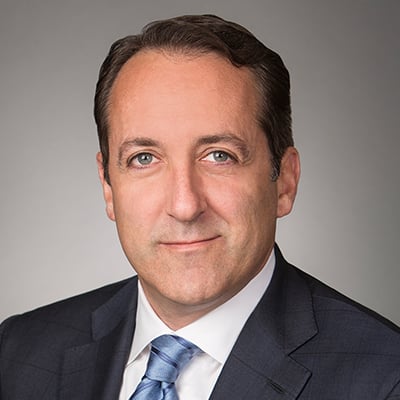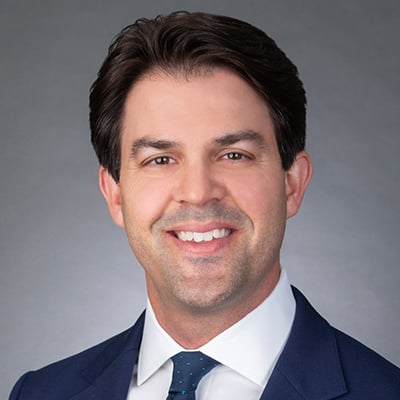Class Cert. Denied Again In Ensure Drinkers' False Ad Suit
A California federal judge on Tuesday again denied class certification to Ensure health shake buyers who allege the drink’s label failed to disclose that it had no benefit for Vitamin D-deficient users, saying that proving a key similarity among the members would be overly cumbersome.
On Tuesday, U.S. District Judge Stephen Wilson said it would take a significant amount of inquiry to determine whether each potential class member was someone who was concerned about their Vitamin D level at the time they purchased Abbott Laboratories Inc.’s Ensure Muscle Health drink, information necessary in deciding whether the label’s omission was a “material misrepresentation” that the customer relied on.
“This level of inquiry makes the class unmanageable and undermines the efficiency of classwide adjudication,” Judge Wilson wrote.
Named plaintiff Michael J. Otto filed the suit in August 2012 claiming that Abbott failed to disclose on the packaging of the drink that only customers with normal levels of Vitamin D can expect to “rebuild strength” as advertised.
Each drink contains a blend of protein, vitamins and Revigor, which is Abbott’s proprietary formulation of an amino acid metabolite, which Otto said has been shown only to rebuild muscle strength in individuals with a Vitamin D level of more than 30 nanograms per milliliter, according to the complaint.
The proposed class action claimed violations of California’s Consumer Legal Remedies Act and Unfair Competition Law, and negligent misrepresentation.
In January, Judge Wilson tossed Otto’s bid to certify a class of both California and nationwide customers, ruling the statewide class was overbroad and the nationwide class contained people in disparate jurisdictions, but granted him a chance to amend his motion.
The second time around, Otto sought to certify a class of people who purchased Muscle Health between 2010 and 2014, who were over the age of 65 at the time and who had a Vitamin D deficiency within a year of the purchase, which Otto argued could be proven by a doctor’s note.
On Tuesday, Judge Wilson found that this narrowed class was ascertainable, and satisfied the numerosity, commonality, typicality and adequacy criteria for class certification, as well. But, on the issue of whether all of the potential class members relied on the label in the same way before making their purchases, Judge Wilson found that Otto’s class bid fell short.
Judge Wilson noted that Otto’s own concern regarding his Vitamin D level at the time he made his purchase was a triable issue of fact, which required the court to undertake significant discovery to determine what his actual Vitamin D level was at the time, which products he purchased and why.
A fact-intensive process similar to Otto’s case would be required for each class member as well, the judge wrote, which clearly fails the predominance requirement for class certification, he said.
Representatives for both parties did not immediately return a request for comment late Wednesday.
Otto is represented by Roland Tellis, Michael I. Miller, Natasha Mehta and Mark Pifko of Baron & Budd PC.
Abbott is represented by Gregg F. LoCascio, Jonathan D. Brightbill, Ragan Naresh and Mark C. Holscher of Kirkland & Ellis LLP.
The case is Michael J. Otto v. Abbott Laboratories Inc., case number 5:12-cv-01411, in the U.S. District Court for the Central District of California.
REPRINTED WITH PERMISSION FROM THE SEPTEMBER 30, 2015 EDITION OF LAW360 © 2015 PORTFOLIO MEDIA INC. ALL RIGHTS RESERVED. FURTHER DUPLICATION WITHOUT PERMISSION IS PROHIBITED. WWW.LAW360.COM



